
Tips for Communicating With Your Teen
Having a healthy and trusting parent-child relationship during the teenage years is more important than ever. Staying close isn’t easy, though. Here are some tips for navigating the new terrain. Read more >>
Request an Appointment
English: 650.688.3625
Medi-Cal: 650.688.3650

Tips for Communicating With Your Teen
Having a healthy and trusting parent-child relationship during the teenage years is more important than ever. Staying close isn’t easy, though. Here are some tips for navigating the new terrain. Read more >>
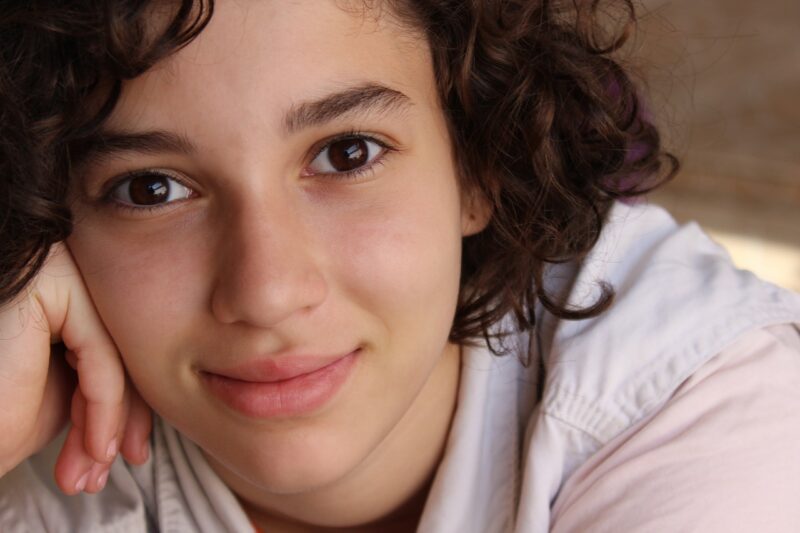
7 Expert Tips for Talking with Teens
Who are you going to be with? Where are you going? When will you be home? The who, what, where, when, and whys we asked were the hallmarks of caring, active, involved parents. But the strategy didn’t work as well Read more >>
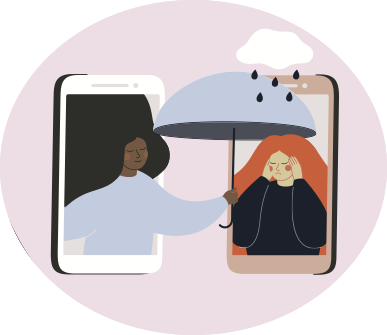
Mental Health and Connection Are More Important Than Ever [downloadable]
Children’s Health Council is leading the emotional recovery with learning and mental health services for kids, teens, young adults and families. Our mission-minded experts are committed to transforming lives with courage, connection and compassion. CHC’s areas of excellence include learning Read more >>

Why Self-Care Is Essential to Parenting
Parenting can be stressful under the best of circumstances, but moms and dads of children with developmental and mental health challenges often have to deal with strain of a different magnitude. Caring for a child with special needs can become Read more >>

Could Your Child Have a Learning Difference?
Does your child have difficulty following directions, struggle with organization, or have trouble focusing on and completing schoolwork? The following checklist can help you determine whether your child should be assessed for a learning difference. Read more >>

Why So Many Asian American Students Are Learning Remotely
Asian American students are far more likely to be learning remotely than members of any other racial or ethnic group in the United States. As of February 2021, almost 7 in 10 Asian American K-12 students were still learning online Read more >>
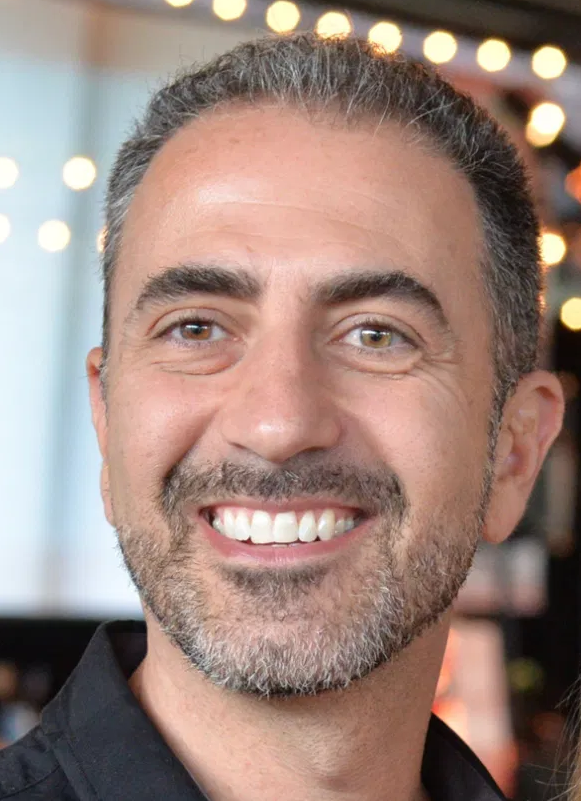
CHC in the Press: The Importance of Checking In — CHC Chief Clinical Officer Dr. Ramsey Khasho
In an interview withe the Nob Hill Gazette, CHC’s Chief Clinical Officer, Dr. Ramsey Khasho, offers invaluable insight on what many children, young adults and families have been facing — and invites parents to take an active approach to their Read more >>
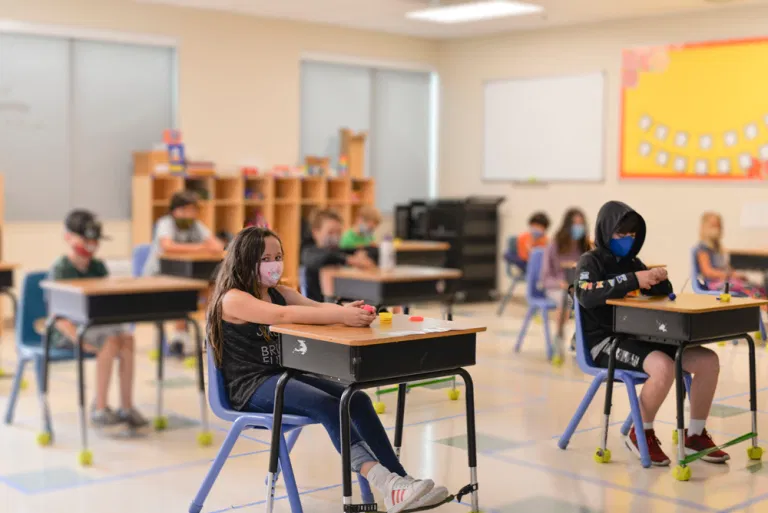
CHC in the Press: How CHC Is Leading an Emotional Recovery for Silicon Valley Families
CHC has been a hub for resources for youth mental health, learning differences, ADHD, anxiety, depression and autism. The year 2023 will mark 70 years since Peninsula-based pediatrician Dr. Esther B. Clark founded Children’s Health Council as “a place where Read more >>
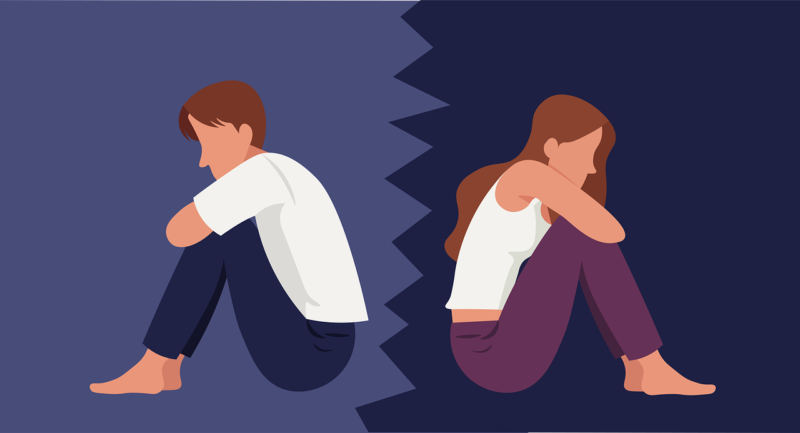
My Mental Health: Do I Need Help? [downloadable]
First, determine how much your symptoms interfere with your daily life. This fact sheet from the National Institute of Mental Health offers some guidance and next steps. Read more >>

Asian Americans Challenge Traditions that Discourage Seeking Therapy
Therapists and community members say it’s common for immigrants, Asian or otherwise, to want to avoid making trouble or drawing attention to themselves. But Asian immigrants in particular, as well as many Asian Americans, also face some traditions that discourage Read more >>
English: 650.326.5530 | Español: 650.688.3650 | Fax: 650.688.3669
English: 650.326.5530
Español: 650.688.3650
Fax: 650.688.3669
English: 650.668.3625 | Español: 650.688.3650 | careteam@testing.chconline.org
English: 650.668.3625
Español: 650.688.3650
careteam@testing.chconline.org
© 2024 Children’s Health Council. All rights reserved.
CHC Palo Alto: 650 Clark Way, Palo Alto, CA 94304 | 650.326.5530
CHC South Bay: 2280 Kenwood Avenue, San Jose, CA 95128 | 408.831.7512
CHC Ravenswood: 1765 E Bayshore Rd, East Palo Alto, CA 94303 | 650.702.2487
CHC Palo Alto:
650 Clark Way, Palo Alto, CA 94304
650.326.5530
CHC South Bay:
2280 Kenwood Avenue, San Jose, CA 95128
408.831.7512
CHC Ravenswood:
1765 E Bayshore Rd, East Palo Alto, CA 94303
650.702.2487